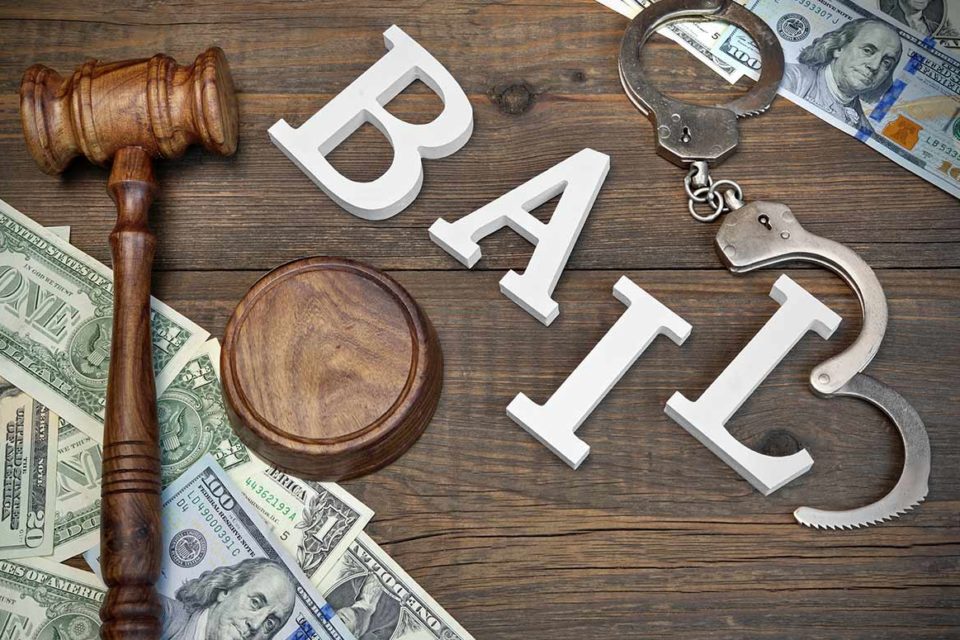Accused entitled bail even if offense is non-bailable
 Conversely, if the evidence of guilt is strong, then the accused cannot enjoy
provisional liberty before his conviction. There is nothing unreasonable in
denying the right to bail to one charged with an offense punishable
with reclusion perpetua when evidence of guilt is strong, as it is
likely that the accused, rather than await the outcome of the proceeding
against him with a penalty demanding a lifetime of incarceration, would be
tempted to flee the jurisdiction.
Conversely, if the evidence of guilt is strong, then the accused cannot enjoy
provisional liberty before his conviction. There is nothing unreasonable in
denying the right to bail to one charged with an offense punishable
with reclusion perpetua when evidence of guilt is strong, as it is
likely that the accused, rather than await the outcome of the proceeding
against him with a penalty demanding a lifetime of incarceration, would be
tempted to flee the jurisdiction.
The determination of whether the evidence of guilt is strong, in this regard,
is a matter of judicial discretion.
By judicial discretion, the law mandates the determination of whether proof is
evident or the presumption of guilt is strong. "Proof evident" or
"Evident proof in this connection has been held to make clear, strong evidence
which leads a well-guarded dispassionate judgment to the conclusion that the
offense has been committed as charged, that accused is the guilty agent, and
that he will probably be punished capitally if the law is administered.
"Presumption great" exists when the circumstances testified to are such that
the inference of guilt naturally to be drawn therefrom is strong, clear, and
convincing to an unbiased judgment and excludes all reasonable probability of
any other conclusion.[2]
Guided by these judicial pronouncements,
the prosecution must establish before the trial court, after proper notice and
hearing, that the evidence against an accused for the crime charged is strong
so as to deny him of his provisional liberty.
[1] Government of the United States of America v. Purganan, 438 Phil. 417, 452 (2002).
